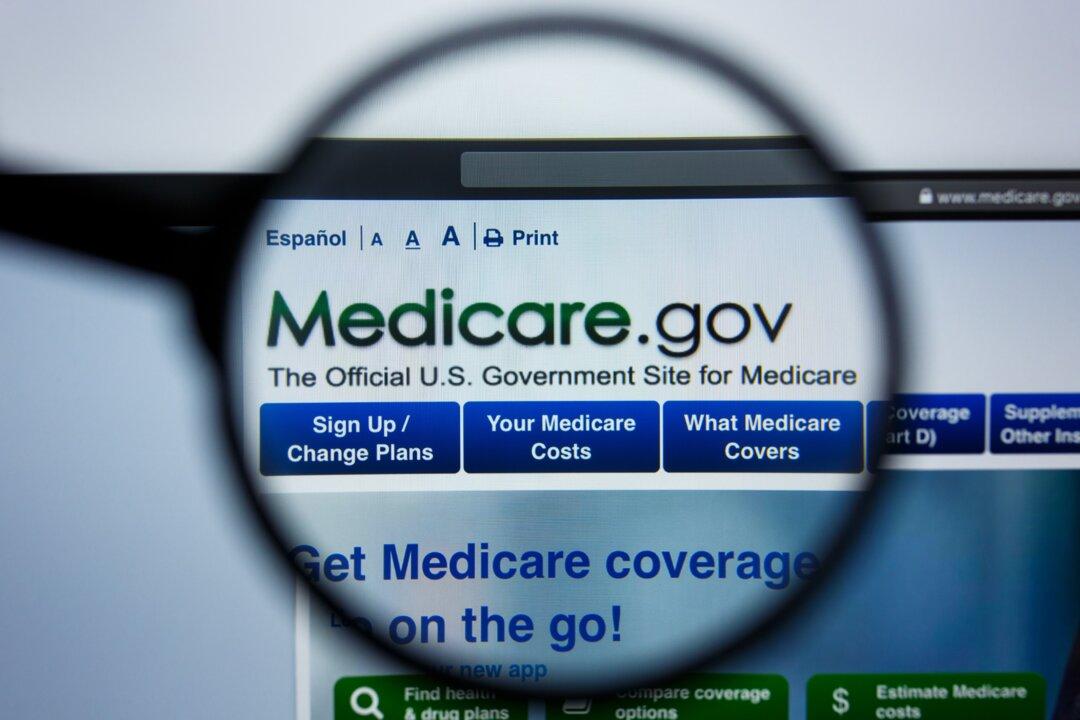Taking older adults off their blood pressure medication was linked to slower cognitive decline, especially in those with dementia, a new study published in JAMA Internal Medicine found.
The research, involving more than 12,000 participants, challenges previous assumptions about hypertension treatment in older adults and raises questions about optimal medication management in long-term care settings.






